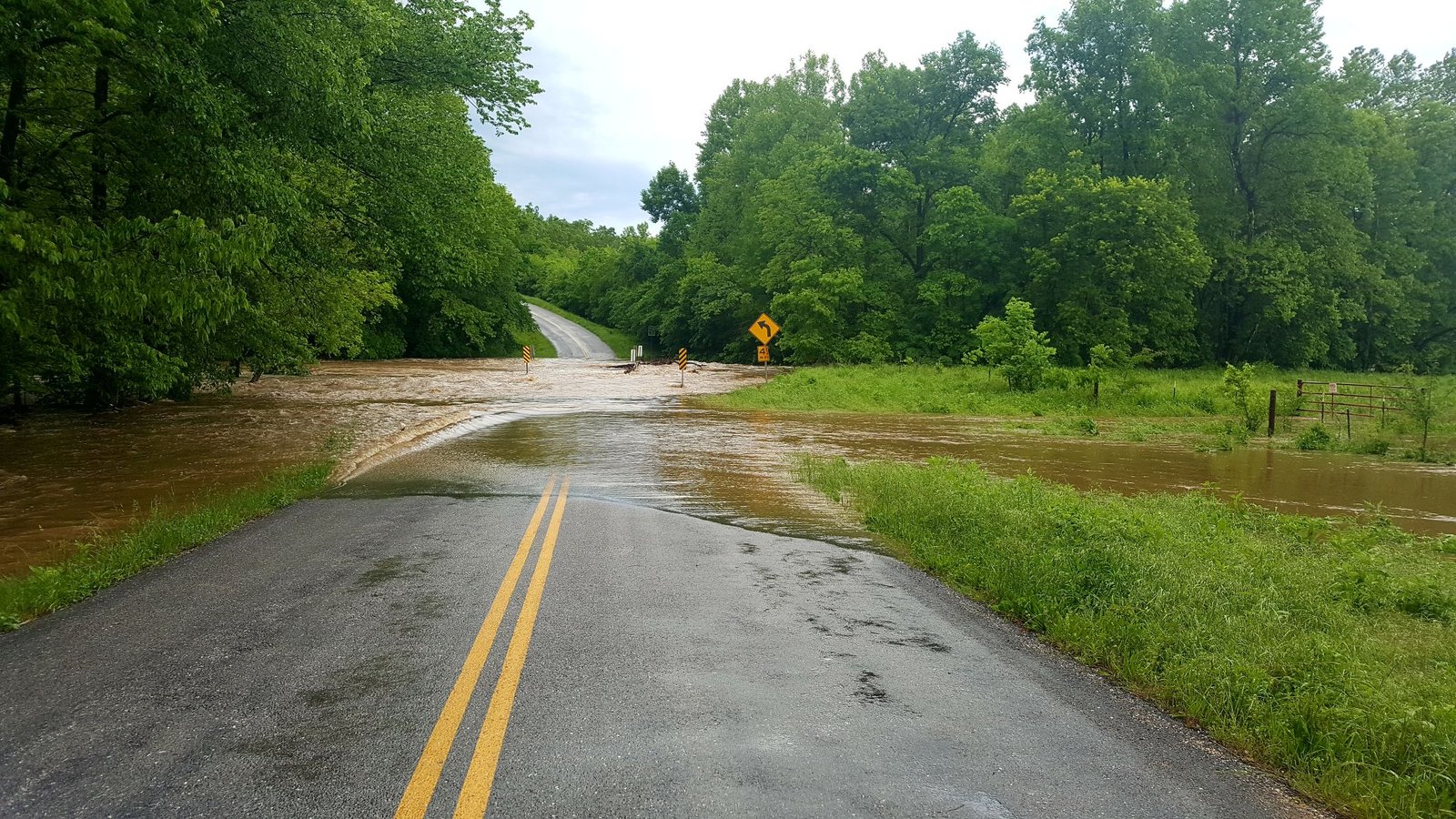Impact of Immigration Raids on Crime Reporting in Nashville
Carina Fernandez, who supervises crisis consultation for the Nashville Metro Police, has noted that crime victims are now less willing to come forward since a significant immigration crackdown occurred in May. Counselors at the Family Safety Center routinely reach out to crime victims, offering free support and guidance through the legal system. However, after the immigration sweep in Nashville, five bilingual counselors observed a concerning decline in engagement from victims.
In April, just before a combined operation by the Tennessee Highway Patrol and ICE, 699 crime victims reached out for assistance. By July, that number had plummeted to just 61, with many victims of various crimes, including robbery, domestic violence, and sexual assault, disregarding attempts to connect with them. This decrease is particularly alarming since counselors typically see an uptick in victims during the summer months due to higher rates of seasonal crime.
“After the ICE raid, establishing trust became increasingly difficult for victims,” Fernandez explained. “There’s a clear difference in their responses before and after the raid.” Many victims are now rejecting services outright, with some expressing genuine fear when they appear for other legal matters.
Police officials believe the immigration actions under the previous administration have created significant barriers to both community safety and the criminal justice process. Prosecutors are often finding that immigrant victims are absent in court, which severely hinders their ability to hold offenders accountable.
Hundreds of cases have been delayed since the beginning of the year when ICE detained an unqualified defendant prior to trial—news that often only surfaced when prosecutors and victims arrived in court. Davidson County District Attorney Glenn Funk has expressed concerns that the immigration crackdown is making Nashville a more dangerous place. “If a citizen is the perpetrator and the victim is a non-citizen who fears going to court, the potential for ongoing crime increases,” he noted, adding that for some immigrants, the risk of deportation looms large as a deterrent from seeking justice.
Victim Perspectives Post-Raid
While overall crime data in Nashville shows a decline this year, it is important to interpret these numbers carefully. Significant drops have been noted in serious crime categories such as murder and aggravated assault—14.8% lower than last year—and automobile accidents have also decreased. Yet experts argue it’s premature to conclude a genuine drop in crime or an increase in reluctance to report incidents.
Justin Martinez Aranda, a coordinator for victim witnesses in the prosecutor’s office, has observed a growing distrust among Spanish-speaking domestic violence victims. “I see a lot of hesitation to report crimes,” he mentioned, noting that many victims fear that involving law enforcement could exacerbate their situations, particularly with ICE active in the community.
After the immigration sweep in May, a substantial number of victims became less inclined to pursue legal actions or even attend court hearings.
Although the District Attorney’s Office hasn’t tracked the reasons for the absence of domestic violence victims, Funk highlighted that victim testimonies are critical for charging alleged offenders. “If we don’t address this safety concern, it leaves a gap where perpetrators can continue to harm without facing consequences,” he said. The office aims to support all victims, emphasizing that immigration status does not affect their approach to domestic violence cases.
Despite this assurance, numbers indicate a troubling trend. Last year, 422 visas were granted to undocumented crime victims. This year, that figure has dropped to 324, raising red flags for officials. “There’s an environment of fear that makes victims hesitate,” explained April Foster, who works as an economic crime investigator.
Additionally, data reveals that 433 individuals were seized by ICE just as they were finishing their sentences in the local jail, usually after reaching a bail agreement or plea deal. Most of these were charged with misdemeanors, but the implications for legal cases involving more serious offenses remain a concern, particularly as deportations influence ongoing investigations.
Fernandez noted that while some victims are beginning to reach out again, they have yet to return to pre-raid levels. Advocates for immigrant rights express worry that federal enforcement presence, particularly in Memphis, could continue to dissuade victims from seeking justice. “Fear has a ripple effect, jeopardizing safety for everyone involved,” said Judith Clerjoune, Director of Campaign and Advocacy for the Tennessee Union of Immigrants and Refugee Rights. She added that actions by various government entities, including the National Guard, only compound this issue, deteriorating trust within the community.







